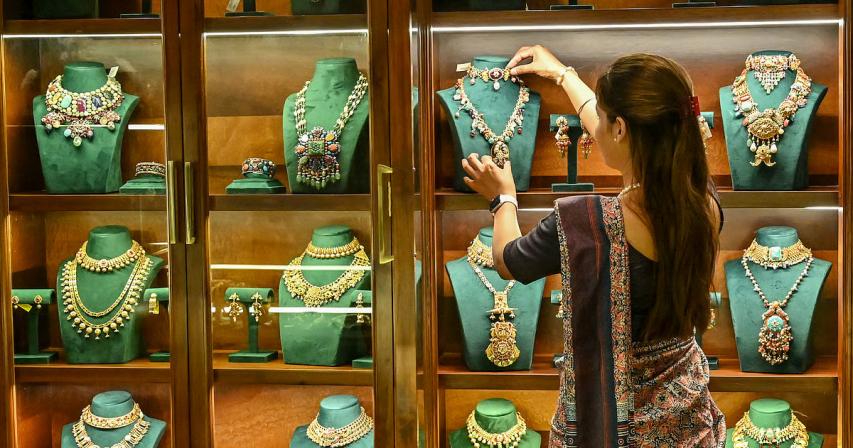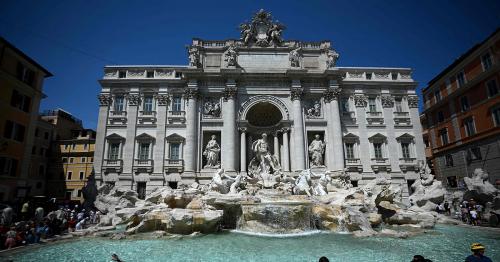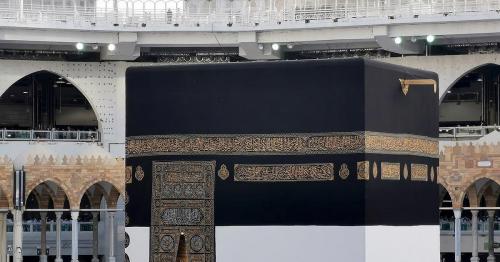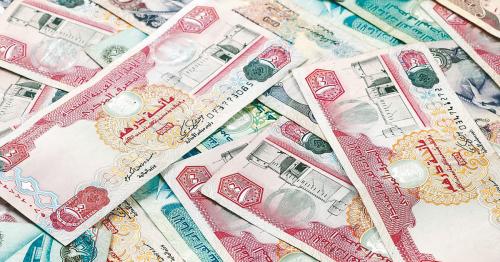India implements stricter rules for gold, silver imports from UAE

India’s offshore trade policy is shifting with the new restrictions on the semi manufactured and powdered forms of gold and silver. India plans to improve transparency and ensure compliance in the bilateral trade of precious metals with these changes.
As part of India’s 2025 budget, new HS codes for gold dore and silver dore, including high-purity platinum, were added in an attempt to reduce the exploitation of the India-UAE Comprehensive Economic Partnership Agreement (CEPA) trade concessions).
This strategic increase of transparency and compliance will most likely impede the growth of Dubai’s exponentially increasing gold trade.
The amendments attempt to address an arrangement where nearly pure gold—99% gold content—masqueraded as platinum alloy, thereby qualifying for lesser duty rates under CEPA. By instituting a specific HS code for platinum with at least 99% purity, India makes sure that only true platinum imports can benefit from the concession on duty.
Other compositions now face restrictions, effectively closing the door on concealed gold imports. Furthermore, the precious metal imports are now limited to nominated agencies licensed to trade, qualified as jewellers, or valid TRQ holders under CEPA, tightening the control of the process.
India's imports of gold from the UAE grew drastically within the last few years, climbing from $3.5 billion in 2023 to $10.7 billion in 2024 as per the data released by India's Ministry of Commerce and Industry.
This increase occurred in spite of greater imports from the UAE dropping by 9.8 percent since CEPA, indicating the importance of gold in trade along with bilateral relations. With CEPA in place, India provides a tariff concession of one percent on the annual 200 metric tonnes of gold bringing the duty to 14 percent instead of 15 percent MFN tariff.
India also grants an unlimited quota on silver at a 7 percent tariff concession, making the gold concessions more favorable for the UAE. Despite these conditions, the UAE is still viewed as the most convenient country for gold exports due to having no gold mines and no capacity to add considerable value to the metal.
Nevertheless, experts raised concerns regarding the sustainability of this trade. The Global Trade Research Initiative (GTRI) in 2024 raised alarms regarding tariff concessions under CEPA claiming they could be abused to benefit a select group of importers profiting off tariff arbitrage.
Industry experts claim that the UAE's function as a re-exporter, which revolves around importing high purity gold bars and exporting them as unwrought bars to India, tends to miss CEPA's 3.0 per cent value addition threshold. This has contributed towards India's decision to become more restrictive.
Sajith Kumar PK, the CEO of IBMC Financial Professionals Group, believes these restrictions represent a move towards greater clarity. “India’s decision will ensure the bilateral gold trade is more structured and does not deviate from the Dubai Good Delivery Standard and CEPA frameworks,” he stated. IIBX in Gift City, Ahmedabad, facilitates the gold TRQ, which allows gold imports without quotas, actively strengthening compliance. Kumar went on to say that India’s recent moves to regulate gold leave sufficient gaps in the gold processing regulations where only sufficiently refined gold can be exported.
These restrictions may prove difficult for Dubai, a gold market hub that imports and exports around 25 percent of the world’s physical gold. The DMCC reported that Dubai’s gold trade exports to India are heavily relied upon, making up a large portion of its $75 billion annual bullion market. A decrease in India’s imports could force traders operating out of Dubai to look for other markets or comply with Indian operational requirements, which would increase expenditures.
A CEPA commitment requiring the UAE to pledge the removal of duties on platinum imports within five years and on diamonds within ten could increase the association for UAE to India in the long term. Adjust silver and gold imports to comply with the new set of restrictions.
Analysts pointed out that while the Dubai gold market balances bilateral trade with trade restrictions exploitative practices, India’s economic concerns on gold imports account for the protective measures put in place on the trade.






Comments